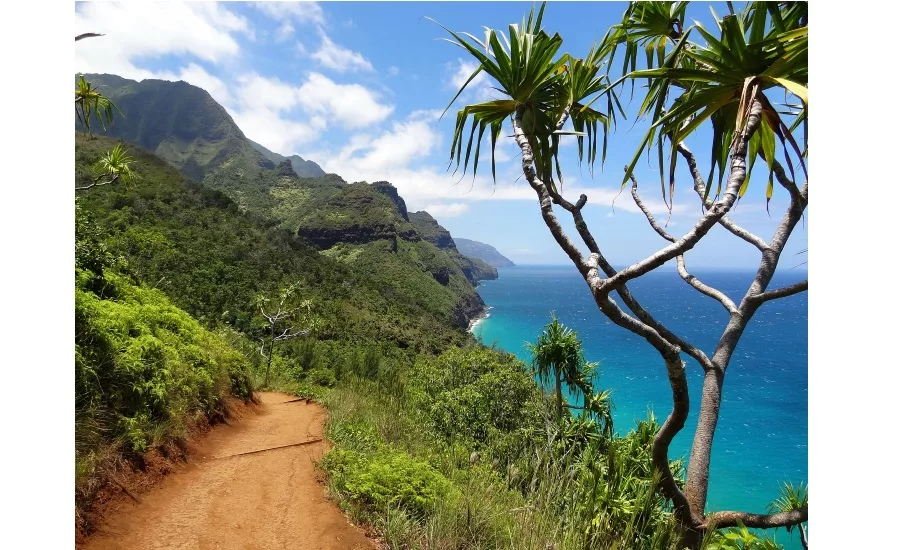Is Kauai's travel bubble unnecessary?

Two high-end Kauai resorts will move ahead with establishing themselves as “bubble” hotels despite Governor David Ige's announcement this week that, as of Oct. 15, Hawaii will start admitting trans-Pacific travelers who record one negative COVID-19 test within three days of arrival, eliminating the need for resort bubbles as a way to entice tourists.
Kauai Mayor Derek Kawakami, who has championed the resort bubble concept, told Civil Beat, a non-profit newsroom in Hawaii, that Kauai will move ahead with the experiment in case future COVID-19 outbreaks on the mainland or elsewhere require Hawaii to button up its tourist industry yet again.
Critics have challenged Ige’s new policy, arguing it will not sufficiently protect the state from new COVID-19 infections being brought into the state by visitors. They urged an even more aggressive resort bubble program than what Kawakami has been developing.
With Governor Ige's new policy, as of Oct. 15, Hawaii’s existing requirement that visitors undergo a 14-day quarantine immediately after they arrive in the state will no longer apply to visitors as well as residents who can prove they have had a negative COVID-19 test within three days of traveling. Such visitors will face no restrictions on movement within the state, The move comes in an effort to boost tourism and entice visitors back to the islands.
As reported by the Civil Beat, the announcement appears to undermine a plan by Kauai's Mayor Kawakami to create a series of designated hotels in which visitors could quarantine and be required to wear GPS-powered bracelets that could allow police to be called if they left the grounds of their hotels. The concept has quickly been dubbed the “resort bubble” system.
Electronic bracelets, hotel security and the Kauai Police Department would be responsible for assuring compliance. The plan was initially panned as impractical, but Kawakami ordered his staff to identify hotels that might participate voluntarily.
In the interview with Civil Beat, Kawakami said that Ige’s announcement was not the end of the bubble plan. “Absolutely not. It’s good to have a contingency plan,” he said.
If there is a “huge outbreak somewhere” that would otherwise require the pre-test requirement to be scrapped, the mayor said, it will allow hotels and resorts that have a bubble plan to continue to operate.
“Guests would have to stay on the property,” he said. “From the law enforcement side, it makes it much more manageable.”
Looking for a reprint of this article?
From high-res PDFs to custom plaques, order your copy today!





